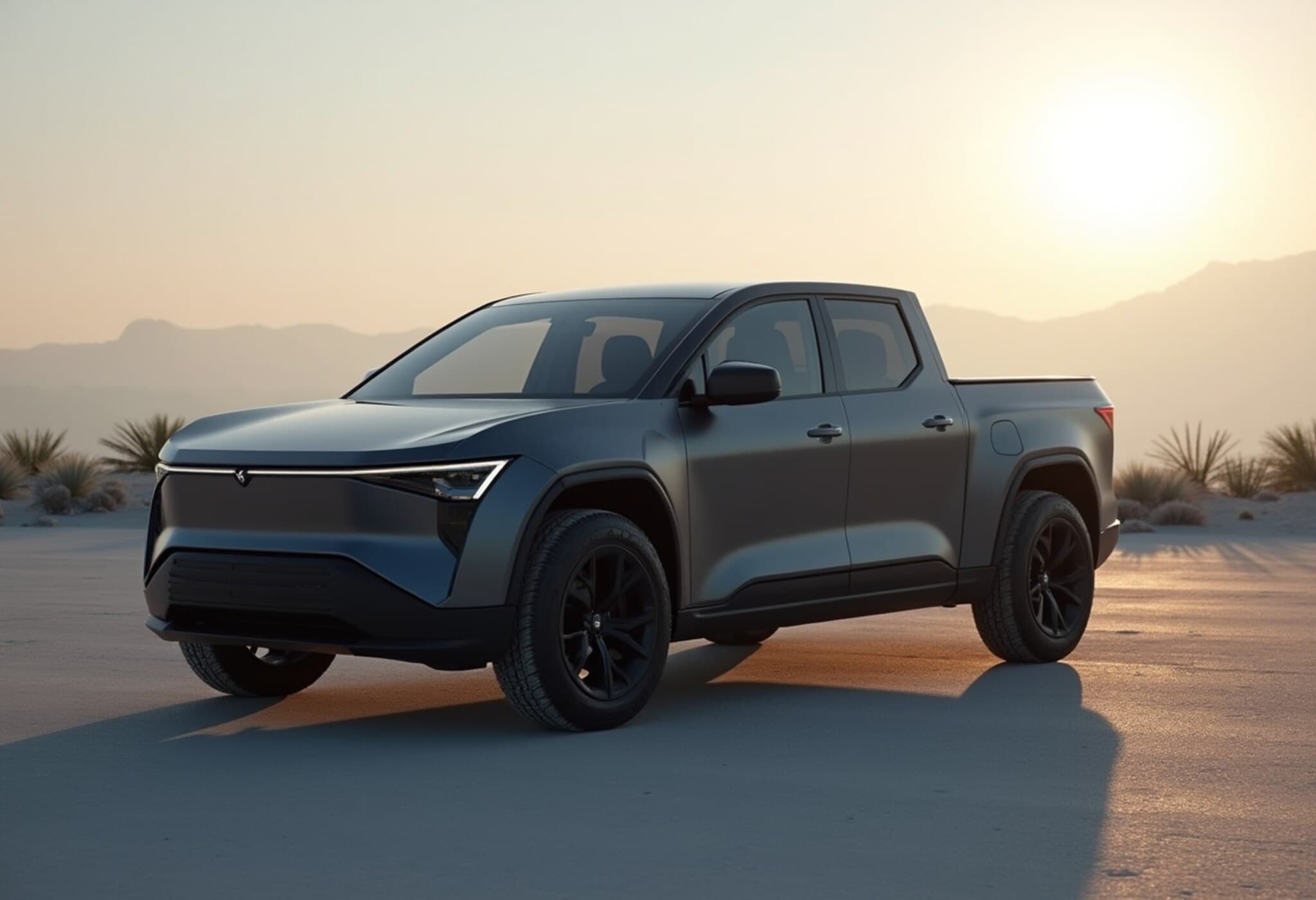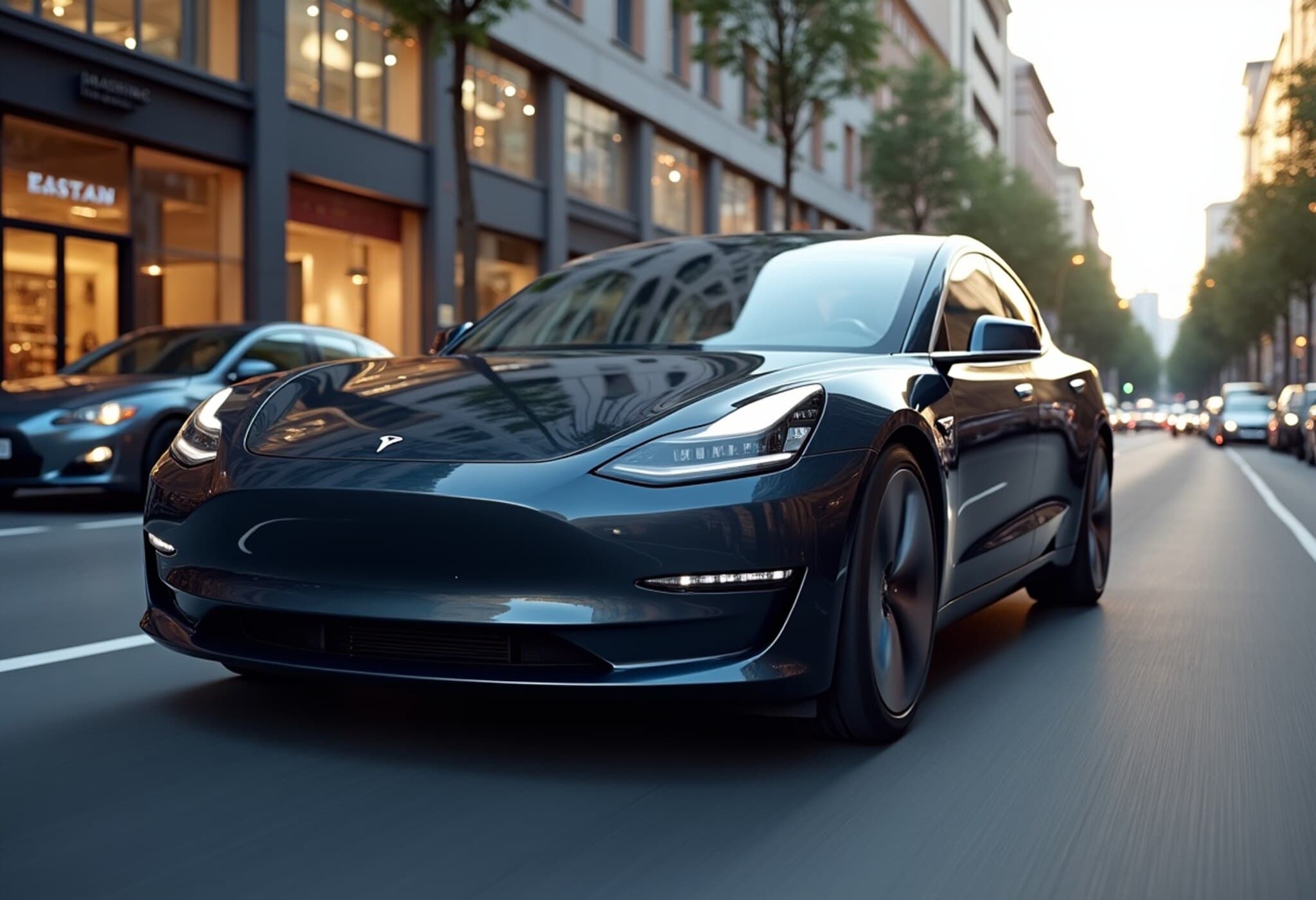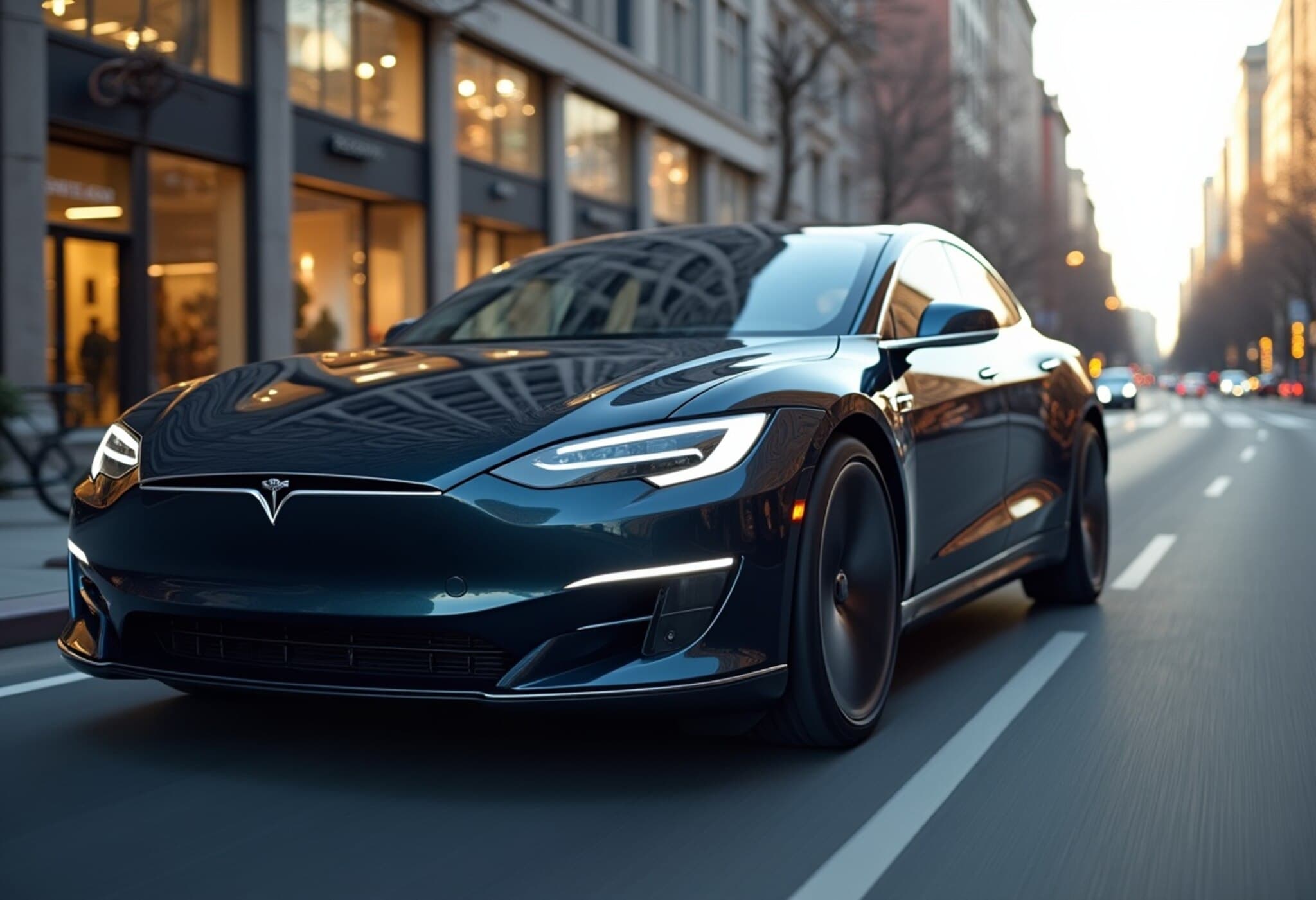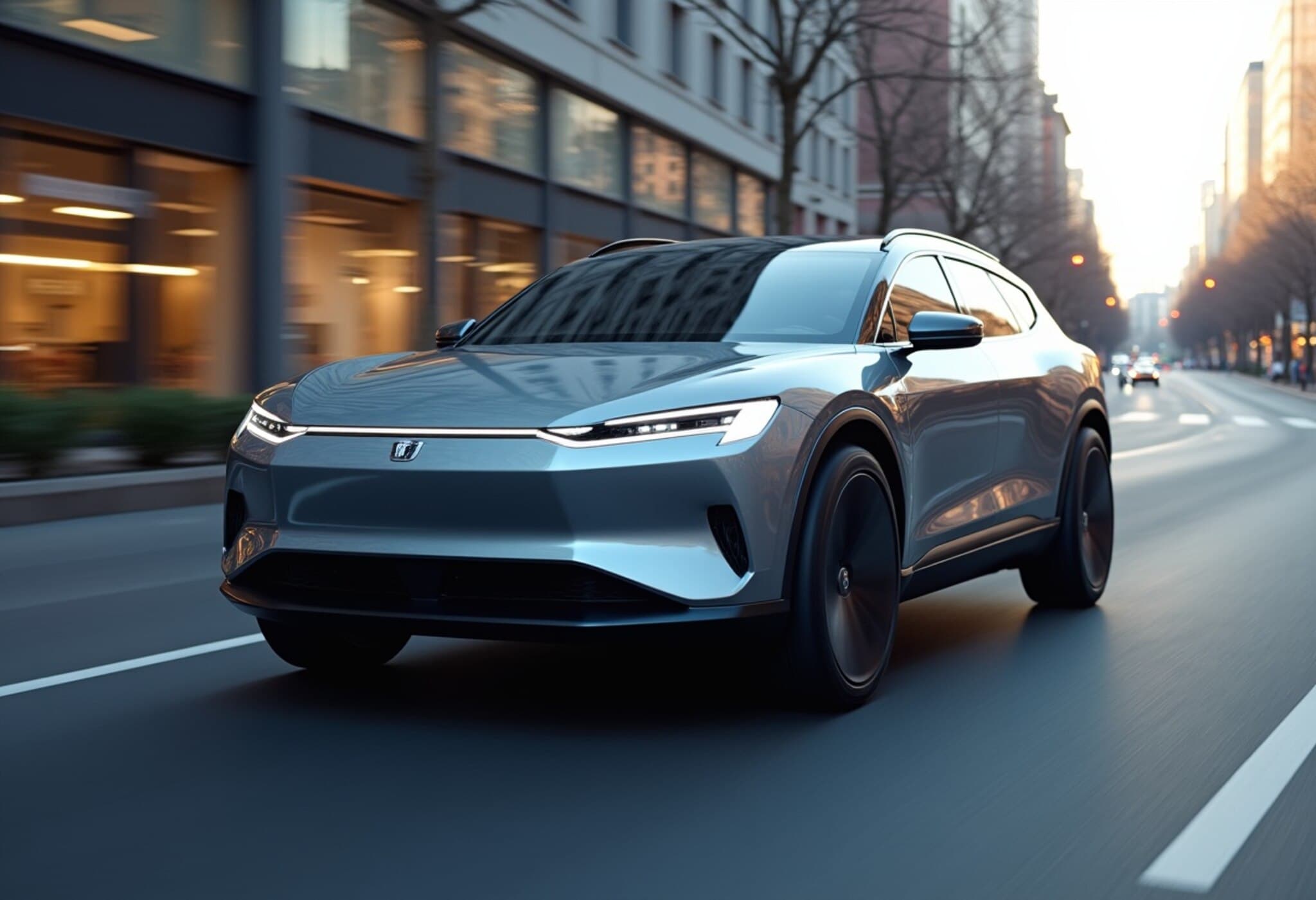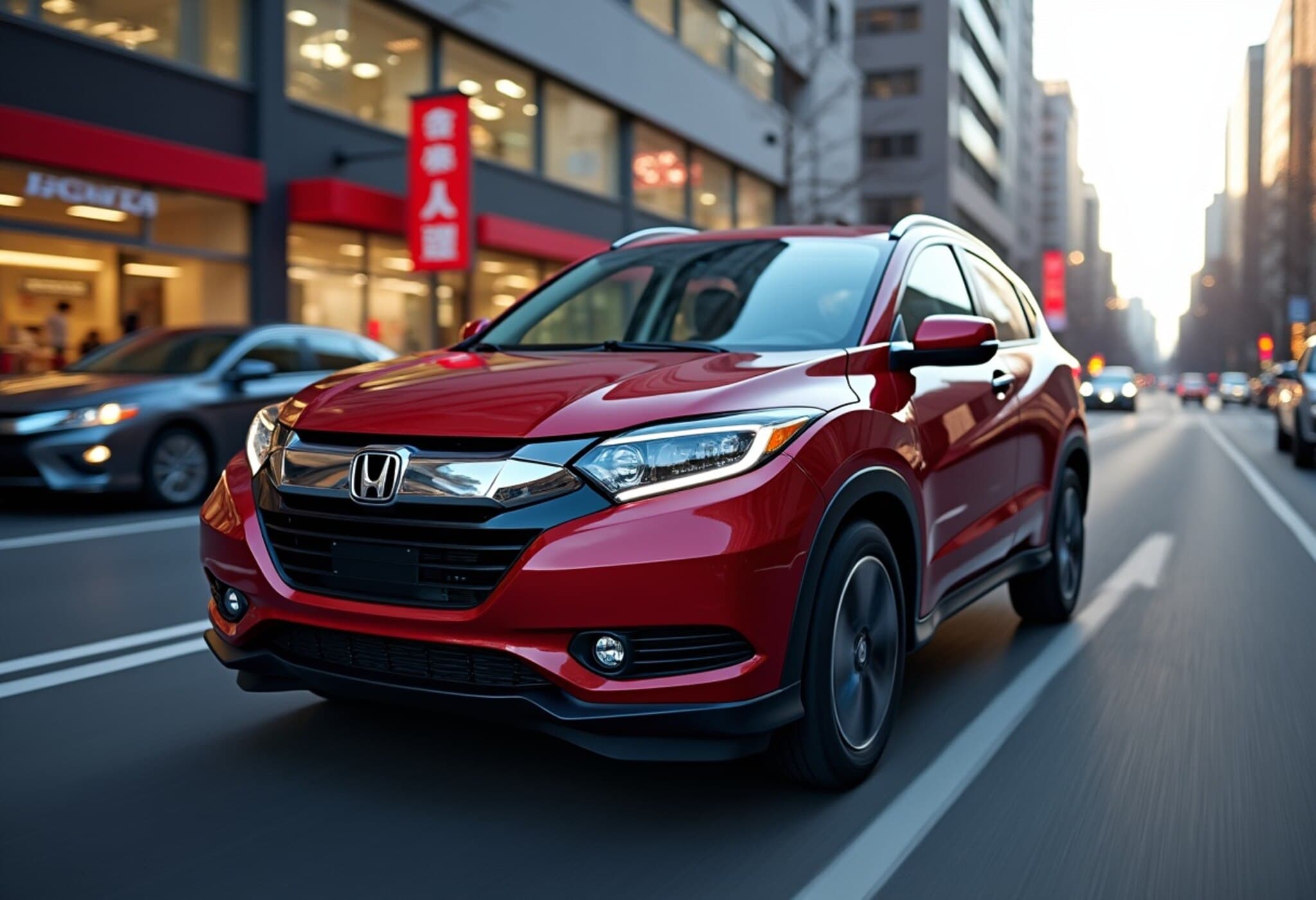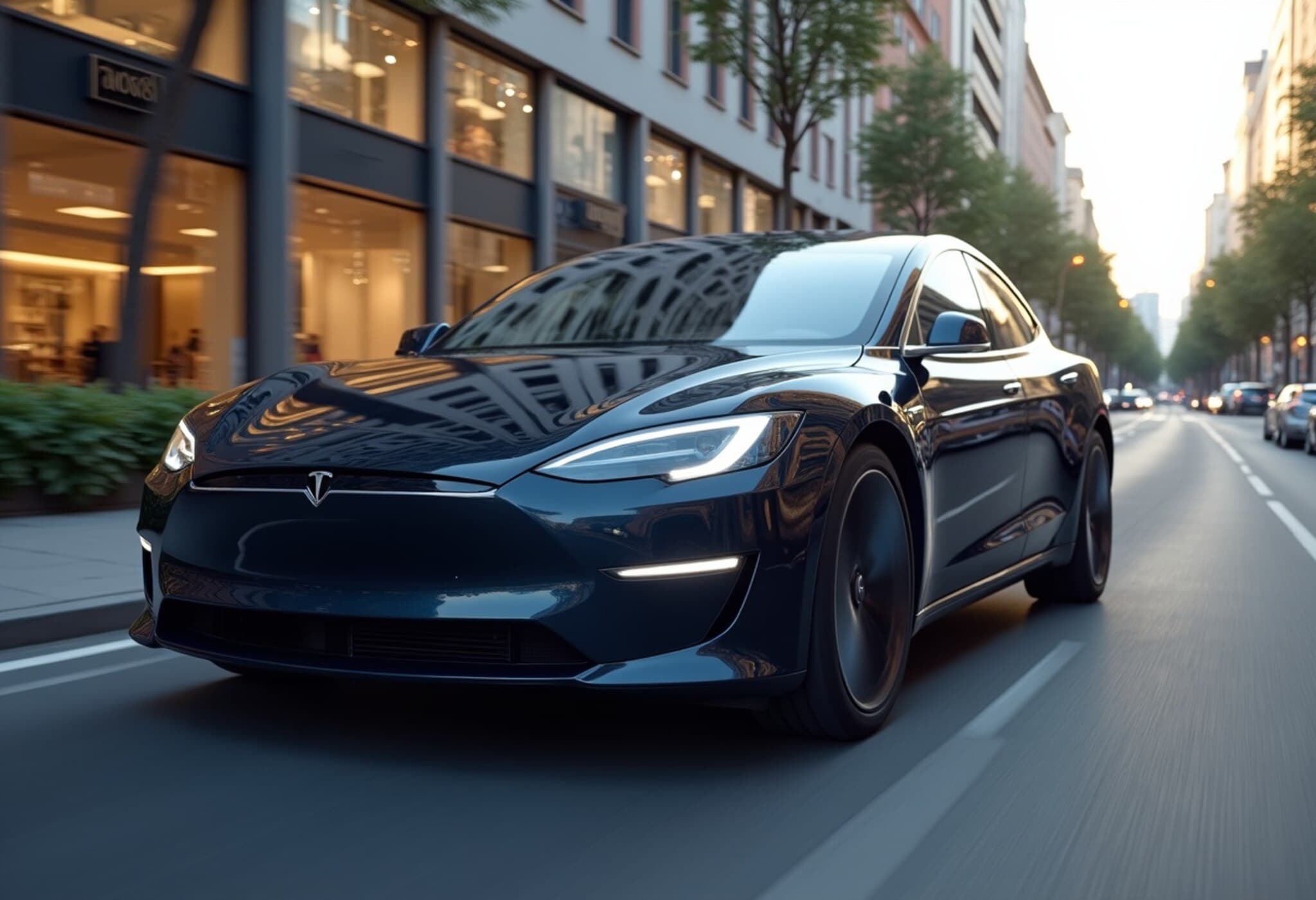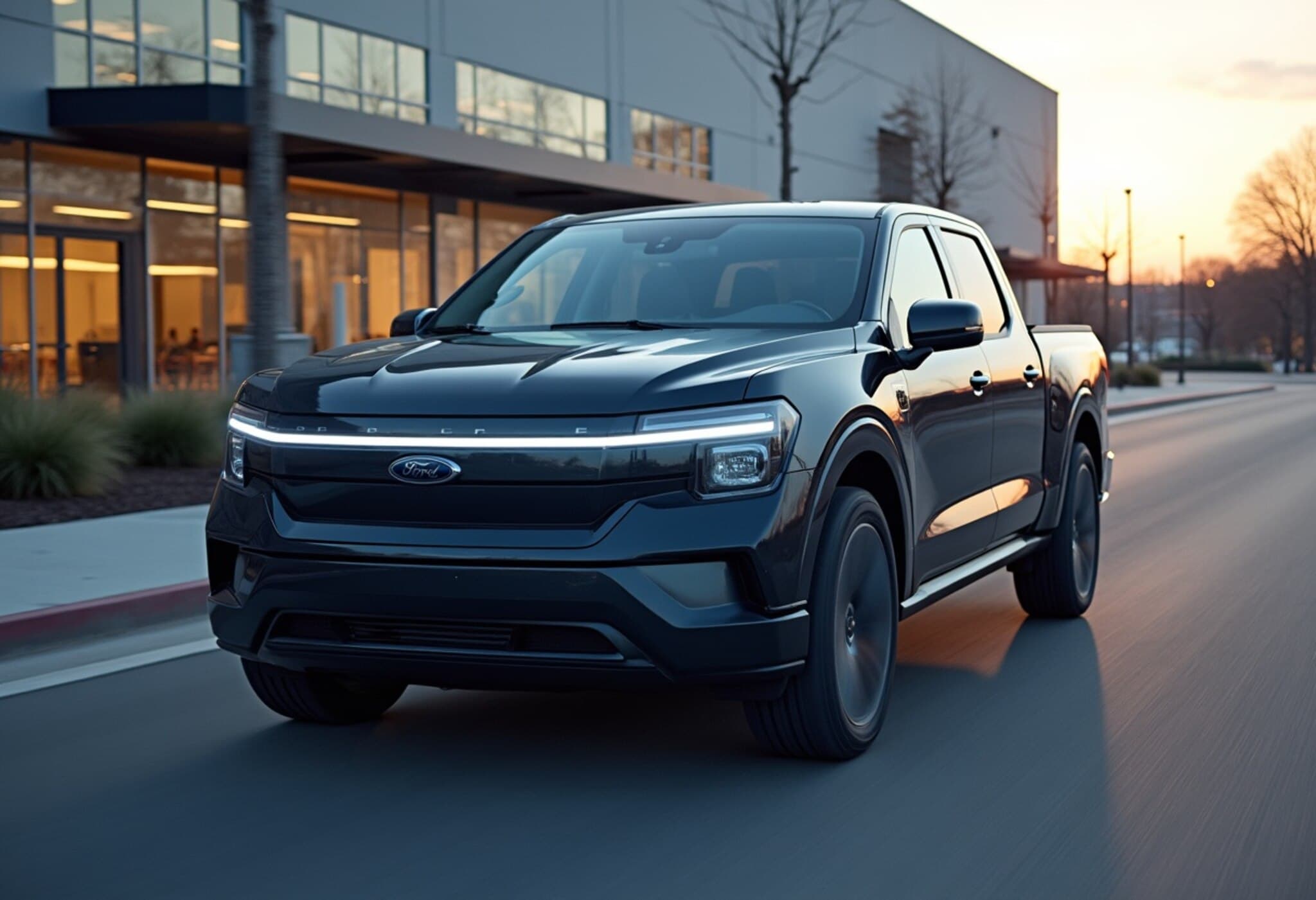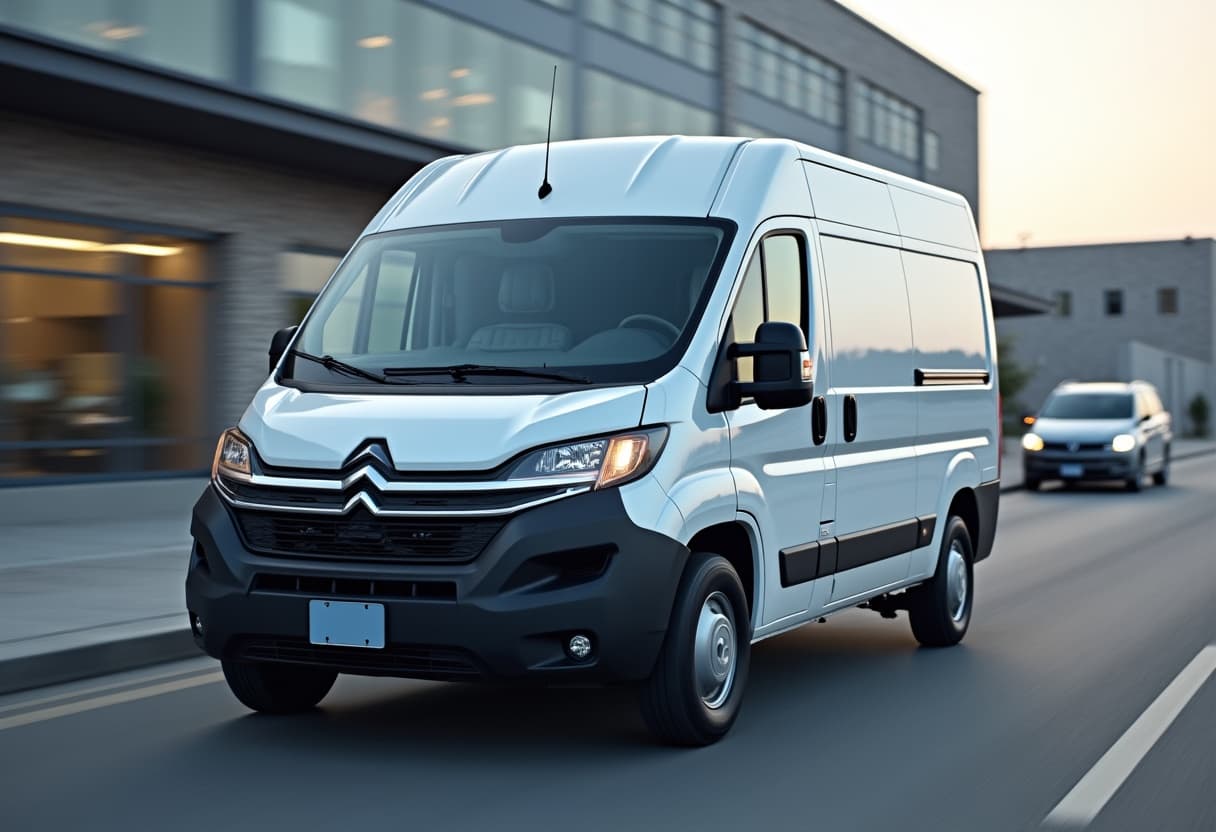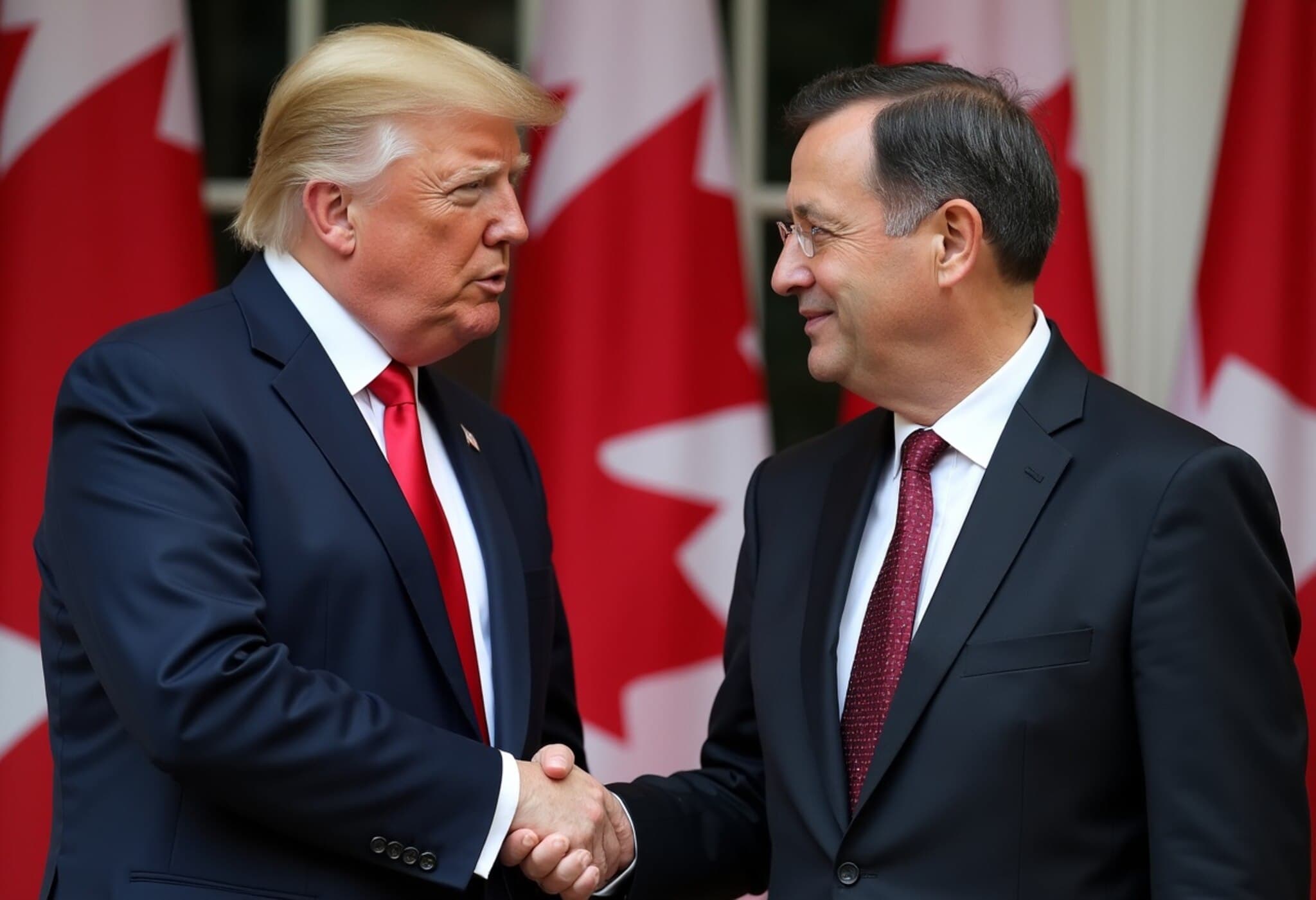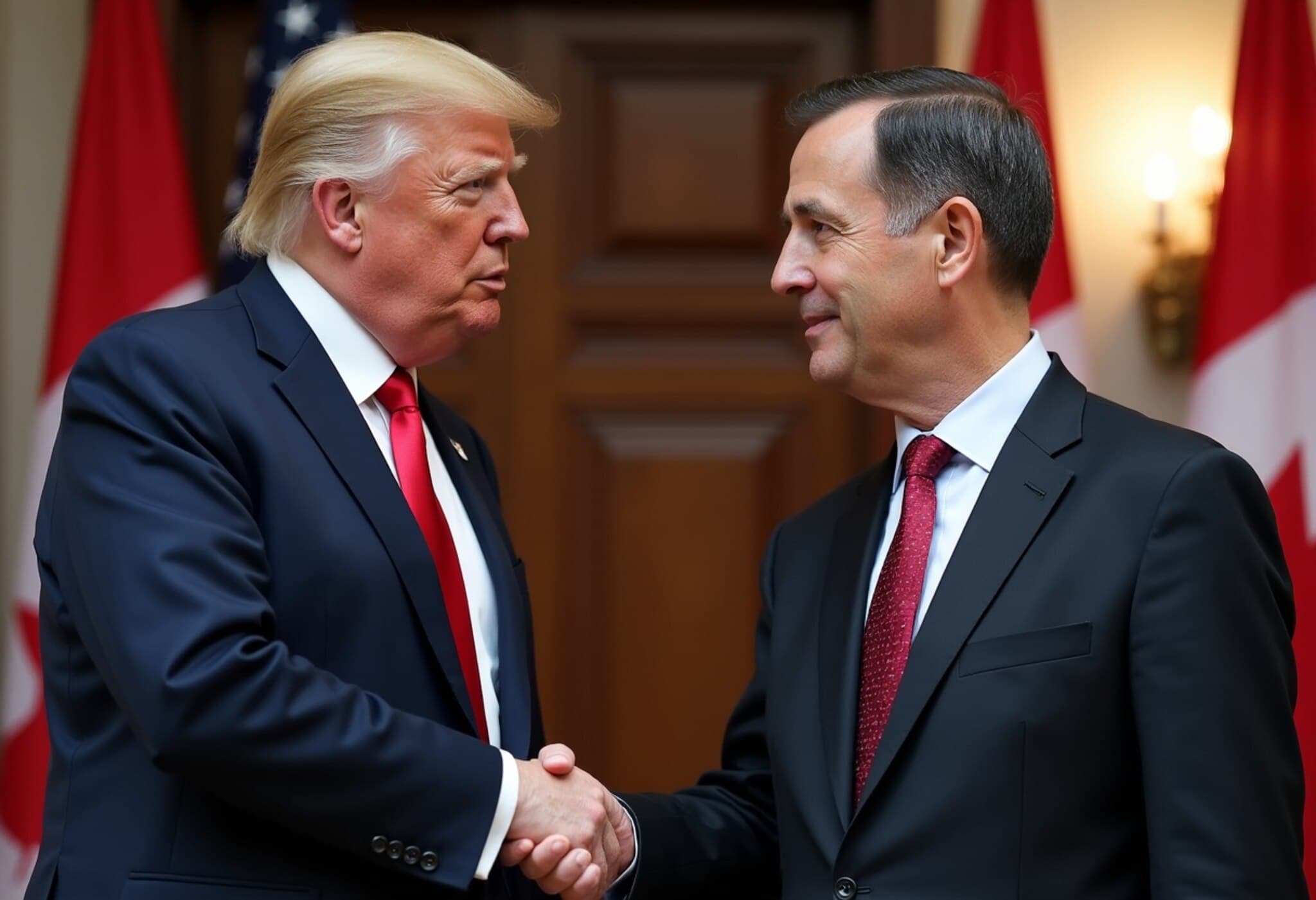GM and Hyundai Join Forces to Launch Five New Vehicles
In a strategic move to reinforce their positions amidst intensifying global competition, General Motors (GM) and Hyundai Motor announced on August 6, 2025, a collaborative plan to co-develop five new vehicles. This joint initiative aims to streamline production costs and expand their market footprints, particularly in Latin America and North America, where nimble Chinese automakers are rapidly growing their influence.
Target Markets and Vehicle Lineup
The partnership will focus on creating four models tailored for the Central and South American markets—specifically a compact SUV, a car, and two pickups including a mid-size variant. These vehicles will feature a blend of internal combustion and hybrid powertrains, designed to balance local market demands with increasingly stringent environmental standards.
Additionally, GM and Hyundai will co-develop an electric commercial van targeted at the North American market, a segment witnessing accelerated growth driven by electrification and commercial fleet modernization.
At full ramp-up, the companies anticipate producing at least 800,000 vehicles annually. This significant volume demonstrates their commitment to compete robustly against emerging Chinese rivals known for advanced technology at competitive prices.
Context: Navigating a Changing Global Auto Landscape
Global automakers are grappling with multifaceted challenges: aggressive market entries by Chinese electric vehicle manufacturers, rising tariffs, and supply chain disruptions, particularly related to rare-earth materials crucial for electric batteries and components. These factors have collectively pushed production costs higher, making strategic partnerships essential for survival and growth.
This new collaboration marks Hyundai’s first major venture into vehicle co-development and offers GM access to hybrid technologies it previously lacked. Industry analyst Kim Sung-rae of Hanwha Investment & Securities noted, "The alliance not only bolsters GM's technological portfolio but also opens new segment opportunities for Hyundai, such as mid-sized pickups and vans, especially in the North American market."
Unpacking Manufacturing and Strategic Implications
Neither company has yet disclosed the production locations for these new models. Hyundai is poised to expand capacity at its recently built Georgia factory and maintains a manufacturing presence in Brazil, signalling a strong regional production footprint. GM, with deep roots in Latin America, will rely on its longstanding infrastructure there.
This partnership arrives as GM winds down its extensive collaboration with Honda, which formerly included a $5 billion electric vehicle development effort cancelled in 2023. With the auto industry pivoting sharply toward electrification, such strategic realignments indicate the urgency for alliances that blend innovation with cost-efficiency.
Broader Economic and Trade Dimensions
These developments come in the shadow of recent US-South Korea trade negotiations that introduced a 15% tariff on certain imports, including automobiles—a move likely to affect price dynamics and supply chain strategies. The Hyundai-GM alliance thus reflects a wider trend of U.S. companies joining forces with South Korean firms to mitigate tariff impacts and leverage combined strengths, echoed by deals between Samsung, LG Energy Solutions, Tesla, and Apple in related sectors.
Expert Insight: What This Means for Consumers and Markets
- For Consumers: Anticipate more affordable, technologically advanced vehicles that balance combustion, hybrid, and electric options, especially in emerging markets like Latin America where cost and versatility are critical.
- For Automakers: Collaborative development becomes a survival imperative, helping to share R&D costs and accelerate time-to-market in a landscape disrupted by tariffs and fast-evolving technology.
- For Policy Makers: Trade policies continue to shape strategic corporate moves, underscoring the need for stable, forward-looking agreements to support innovation and supply chain resilience.
Editor's Note
The GM-Hyundai partnership highlights the evolving strategies traditional automakers are adopting to confront rapid technological shifts and global trade complexities. It raises critical questions about the future of automotive manufacturing: Can such alliances adequately counter the surge of Chinese EV innovation? Will they lead to more affordable and accessible electric and hybrid vehicles worldwide? For consumers and industry watchers alike, this collaboration is one to watch as it unfolds.


